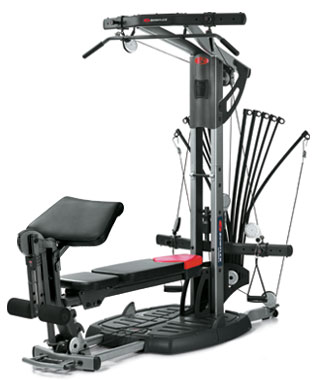Western District Finds CROSSBOW Does Not Dilute BOWFLEX
CROSSBOW does not dilute BOWFLEX, Western District Judge Ricardo Martinez has found. In so finding, Judge Martinez granted defendant Icon Health & Fitness, Inc.’s motion for summary judgment dismissing plaintiff Nautilus Group, Inc.’s state and federal dilution claims.
Both parties make exercise equipment that use a “cable and flexible rod system of resistance.” Vancouver, Washington-based Nautilus makes the BOWFLEX machine. Icon makes a machine called CROSSBOW. In 2003, the Western District found that Icon did not infringe Nautilus’ patents.
Applying the “actual dilution” standard set forth in the Federal Trademark Dilution Act and Moseley v. V. Secret Catalog, 537 U.S. 418 (2003) (now superseded in most instances by the Trademark Dilution Revision Act of 2006), Judge Martinez found in his December 21 order that the marks were not “identical”; that Icon’s use of BOWFLEX through the purchase of search engine keywords constituted permissible comparative advertising; and that Nautilus had failed to show that Icon had ever told customers that its machines were BOWFLEX machines. Therefore, Judge Martinez found, Nautilus had failed to demonstrate that CROSSBOW had actually diluted BOWFLEX.
Judge Martinez also dismissed Nautilus’ state dilution claim on the ground that Icon had obtained a federal registration of CROSSBOW, even though Icon did so after the lawsuit had begun. He also found that the state dilution claim failed because the state statute, RCW 19.77.160(1), is identical to the federal statute that failed to support Nautilus’ federal claim.
The order states that Nautilus’ remaining claims will be addressed in a future order deciding Icon’s separate motion for summary judgment on the doctrine of unclean hands.
Icon’s motion is here. Nautilus’ opposition brief is unavailable because it was filed under seal.
Reader Comments